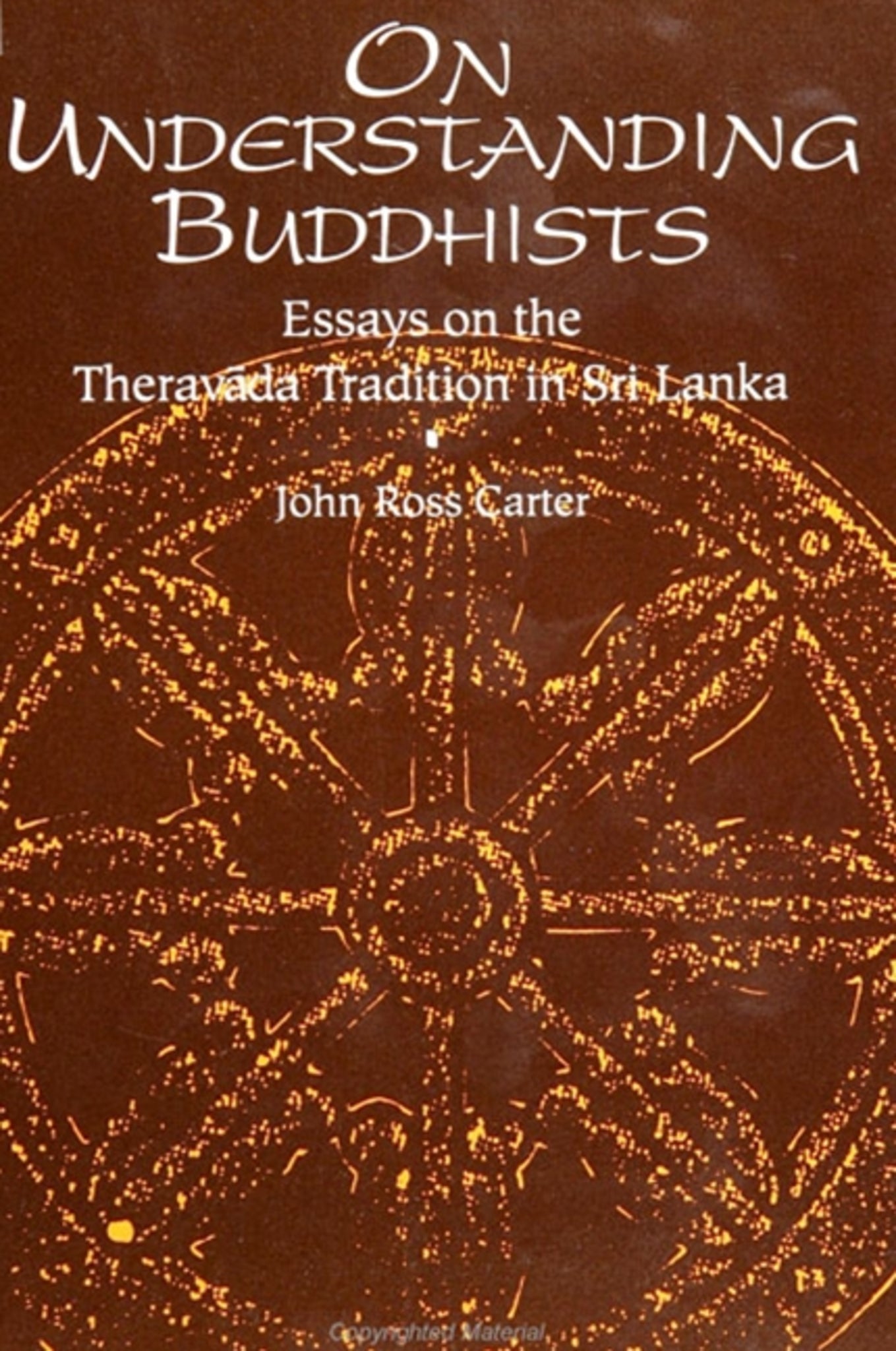We're sorry. An error has occurred
Please cancel or retry.
On Understanding Buddhists

Some error occured while loading the Quick View. Please close the Quick View and try reloading the page.
Couldn't load pickup availability
- Format:
-
01 July 1993

Carter unfolds the cumulative traditions of Theravāda Buddhism by showing how one "looks at the world through Buddhist eyes." Presenting evidence from the Buddhist heritage in Sri Lanka, he develops a disciplined, inclusive approach to understanding notions of ethical living and "faith," or how individuals live life religiously. The author examines Buddhism as a worldview, reviewing the process of its origins and the development of its important concepts such as the pursuit of dhamma by Buddhists; the "Four Noble Truths;" the notion of refuge and the process of transcending; the role of the Buddhist monk (bhikkhu); and the role of music in ritual chant and song.


"Carter's book deals with some of the central issues in Buddhist studies. I look forward to being able to direct students to this book to learn about such topics as the meaning of dhamma, the history of 'early Buddhism,' and other significant matters." — George D. Bond, Northwestern University
Preface
Acknowledgements
Introduction
1. The Origin and Development of "Buddhism" and "Religion" in the Study of the Theravada Buddhist Tradition
2. The Coming of "Early Buddhism" to Sri Lanka
3. Dhamma at the Center
4. The Notion of Refuge
5. A Response to the Four Noble Truths
6. Beyond "Beyond Good and Evil"
7. Faith in the Wake of the Dhammapada
8. There Are Buddhists Living in Sri Lanka Today
9. Music in the Theravada Buddhist Heritage: In Chant, in Song, in Sri Lanka
10. The Soteriological Process and Its Sociological Relevance in the Sinhala Theravada Buddhist Tradition
11. The Role of the American Scholar in Buddhist Studies in Sri Lanka
Abbreviations
Notes
Index



